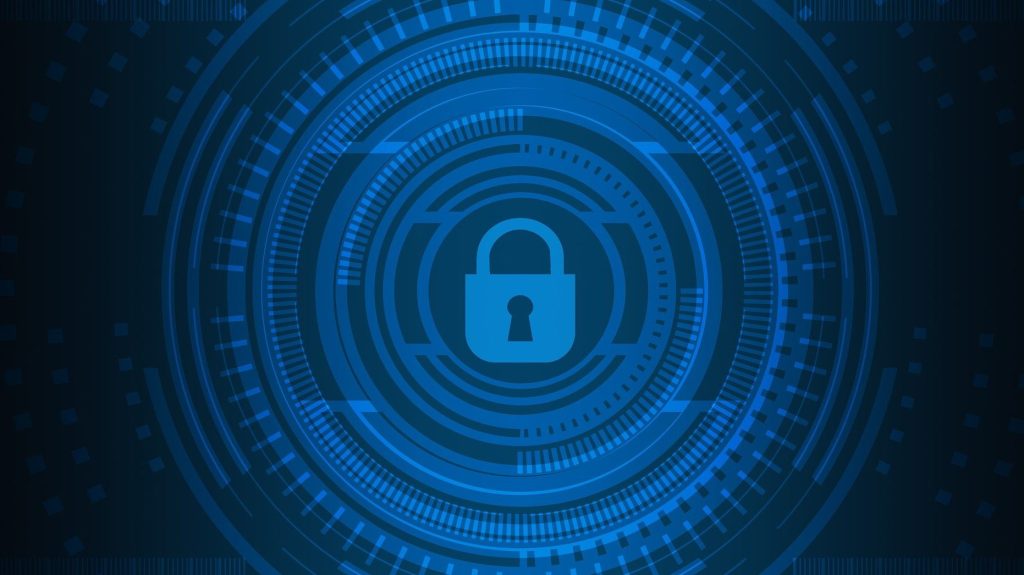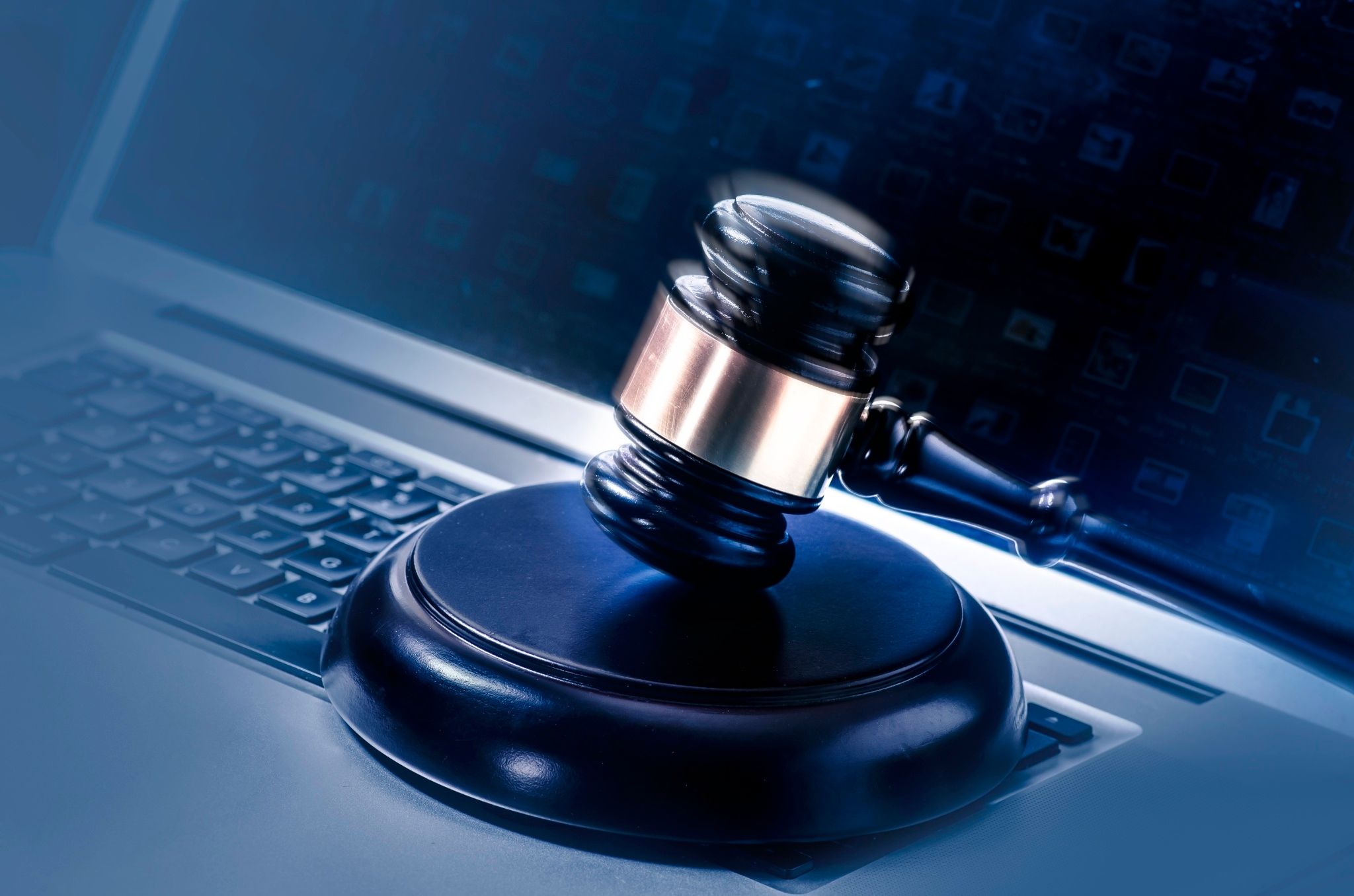Domain thievery, also known as domain name hijacking, is practicing transforming a website name’s signing up without the approval from the initial registrant. Even though many may believe that site hijacking is accomplished by means of nefarious techniques, site hijackers most often get a site owner’s personal data to be able to persuade the domain registrar to shift the domain towards the hijacker. As there are at present no specific international or federal laws that explicitly criminalize domain thievery, recouping hijacked domains can often be tough, time-taking in, and dear. Safeguarding references for your enrollment bank account, specifically sustaining secure passwords which can be changed occasionally, is one of the finest methods to protect you from domain name robbery.
One of the more typical methods thievery happens is when the hijackers either through fraudulence or hacking the domain name owner’s accounts profits access to the signing up accounts and just moves acquisition of the domain name. This usually leads to the domain enrollment becoming moved to an enterprise in overseas nations producing authorized recourse hard. Yet another method of domain hijacking is via the hosting or registrar businesses as opposed to through the website owner’s methods. Within this technique, the hijackers may possibly stop or stop a customer’s settlement to recharge the enrollment so that the sign up finishes and is attained from the hijacker. Hijackers could even fraudulently enter who is-data to get into the website enrollment bank account. Replying to site theft can be tough. For domain names that have brand protection, a signature infringement court action or promises for violation from the Anti-Cybersquatting Consumer Security Take action ACPA really are likelihood. The domain manager may also make use of your own domain name challenge proceeding less than ICANN or UDRP. These procedures are normally less costly compared to a trademark infringement/ACPA court action submitted in federal government the courtroom.

In some cases, the domain name owner may have to shell out a blackmail or ransom transaction to have the enrollment back again. Other times, enrollment information may be simply returned to its unique state through the current registrar. Lastly, in the event the site bank account credentials have already been comprised by an ex-employee or disgruntled dealer, a lawsuit seeking injunctive alleviation might be the fastest way to recovery. Texas is amongst the handful of slays which allows for pre-match depositions. If the ex-staff, dealer, or other identified individual is suspected of burglary, filing a pre-go well with deposition might be the best option. Due to challenges in enforcing US legal guidelines in foreign nations, acquiring injunctive alleviation to avoid shift in the enrollment into an international organization or registrar is very important. Ideally, the account and sign up is freezing till the judge can determine how to resolve the challenge.

